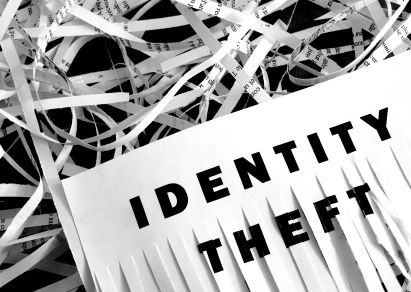So far this year, taxpayers have forwarded to the IRS tens of thousands of emails reflecting identity theft scams that employ phishing – the practice of tricking the recipient into revealing confidential financial information.

Thieves use the information to empty bank accounts, run up credit card charges and apply for loans. Some seniors, filing a tax return for the first time in years so they can receive their economic stimulus rebate, are finding identity thieves have been filing fraudulent returns using the seniors’ Social Security number.
Not all thieves go high-tech. In Albuquerque, a woman filing her tax return discovered an identity thief had already filed in her name and walked away with a refund-anticipation loan for her $2,204 refund. The thief used the woman’s W-2 wage statement, which many companies mail to employees’ home addresses, to file a tax return with a nationwide tax preparation chain. Now the victim must wait for months while the IRS verifies her identity and issues her refund check.
A few reminders for protecting yourself:
- Consider having sensitive documents like W-2s sent to a post-office box or obtain them directly from your employer.
- Guard your Social Security number – do not carry the card, or any card that contains your Social Security number (like an insurance card), in your wallet.
- Do not provide your Social Security number or bank account numbers to a person contacting you by phone, or in any email.
- Buy a cross-cut shredder to destroy documents you no longer need, including junk mail like credit card offers.
- Consider using direct deposit for Social Security benefits, tax refunds and other payments.
Identity theft can take months and even years to clean up, costing you time and money. If you or someone you love needs more information about protecting your identity, please contact our office.